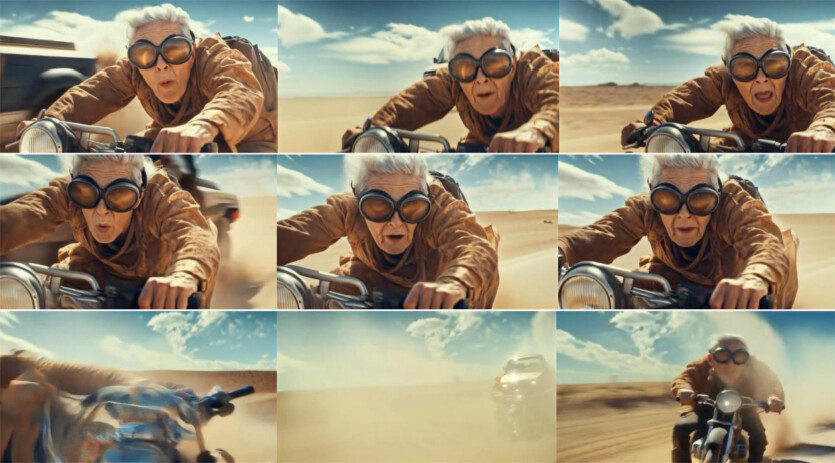
Chinese tech giant ByteDance, which owns TikTok, introduced artificial intelligence for video creation OmniHuman-1. The model is very realistic, despite some nuances.
In the demo videos, the model generated a fictional TED Talk, a lecture by Einstein himself, and an elderly lady’s greeting with a glass of wine. The human hands didn’t turn out too well, as is often the case with generative models, but overall, it seems that OmniHuman-1 is focused on realism.
https://youtu.be/V_ZjvRmHZOI
To create a video, the model needs only one photo and an audio recording. AI capabilities include video editing, changes in body movements, and gestures. OmniHuman-1 was trained on 18700 hours of video data using the «all conditions» approach, which allows simultaneous learning from multiple input sources: text, audio, video, etc. ByteDance researchers say that a wide range of training data helps «AI significantly reduce data loss» compared to older models for creating deepfakes.
Currently, Chinese companies are accelerating the development of various AI models, including language and generative ones. Last year, another giant, Tencent, introduced HunyuanVideo generative model which shows great videos but doesn’t seem as realistic. Another Tencent development was also reported, model for creating games GameGen-O, which allegedly trained on modern games.
Among the risks of using Chinese AI are data security, censorship, and uncertainty about copyright compliance. However, some of them, such as the popular language model by DeepSeek, offer low-cost and open source. The claimed low cost of DeepSeek is already provoked a drop in shares, but analysts have doubts in the stated figures.
Source: TechSpot

Spelling error report
The following text will be sent to our editors: